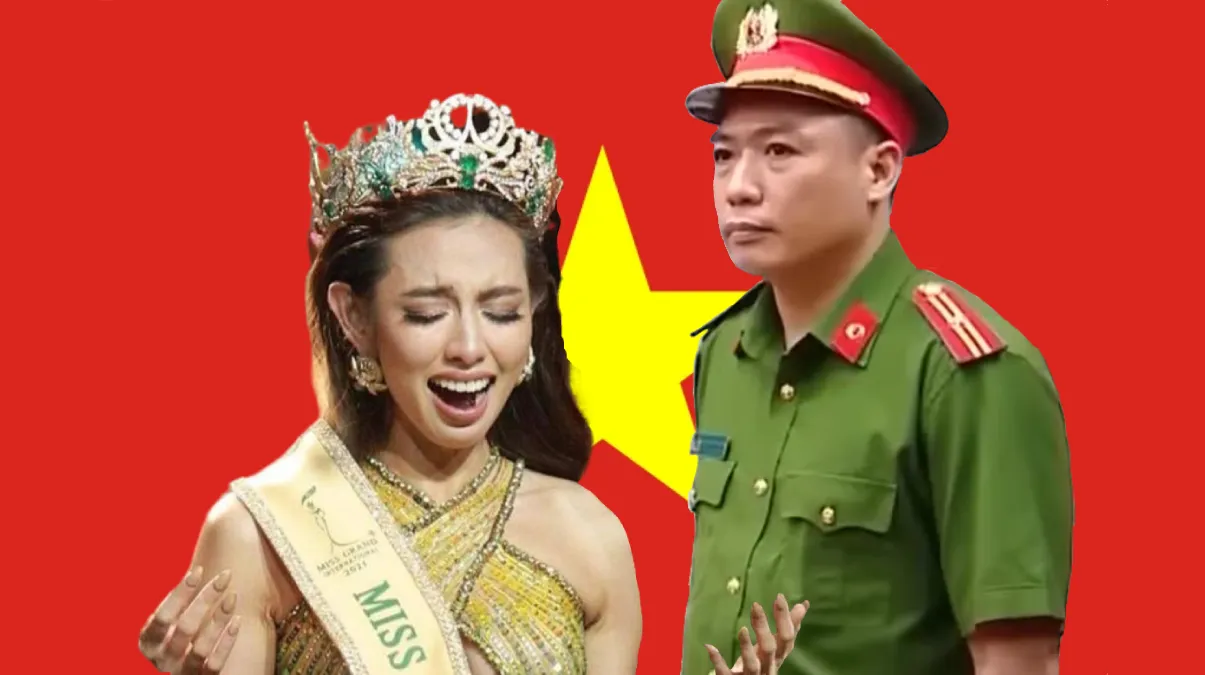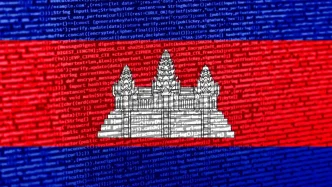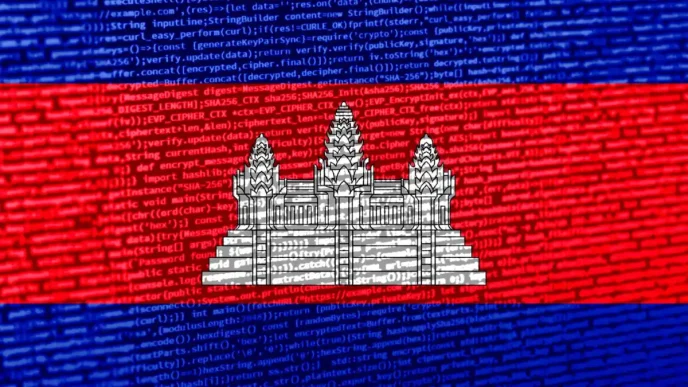Nguyễn Thúc Thùy Tiên, the 26-year-old former Miss Grand International 2021, was arrested on Monday in Ho Chi Minh City by Vietnam’s Ministry of Public Security’s Police Investigation Agency. The charges center on allegations of consumer deception tied to the controversial “Kera vegetable candy,” a health product promoted as a nutritious substitute for green vegetables. Tiên’s arrest, alongside other high-profile figures, has sparked widespread concern about misleading health claims and the role of celebrity endorsements in Vietnam’s booming e-commerce market.
Allegations of Deceptive Marketing
The investigation into Tiên and her business associates focuses on claims that Kera vegetable candy was falsely marketed with exaggerated health benefits. Authorities allege that the product, touted in promotional campaigns as equivalent to “a plate of vegetables” per piece, contained less than 1 percent vegetable powder, despite packaging claims of 28 percent. Investigators also found that 35 percent of the candy consisted of sorbitol, a sugar alcohol known for its laxative effects, which was not adequately disclosed to consumers.
Tiên, who reportedly held a 30 percent stake in the venture behind Kera candy, is being investigated under Clause 2, Article 198 of Vietnam’s Penal Code for “deceiving customers.” Her business partners, Nguyễn Thị Thái Hằng, known as Hằng Du Mục, and Phạm Quang Linh, known as Quang Linh Vlogs, were arrested in early April on similar charges, holding the remaining 70 percent ownership. According to police reports, the company sold over 135,000 units to more than 30,000 customers, generating revenues exceeding VNĐ17 billion (US$670,000).
The product’s marketing campaign leveraged social media platforms, where Tiên, with over 2.6 million followers on Facebook, promoted the candy as safe for children and adults. She appeared in livestreams and posts endorsing the product, many of which were later deleted after public backlash over the accuracy of the claims. This incident has intensified scrutiny of how influencers wield their reach in Vietnam’s rapidly expanding online marketplace, often with little oversight.
Broader Implications for Vietnam’s E-Commerce Sector
Tiên’s arrest is not an isolated case but part of a larger crackdown on misleading health product advertisements in Vietnam. Several executives from Asia Life Corporation and Chị Em Rọt Company, linked to the production and distribution of Kera candy, have also been implicated. Trương Thị Lê and Trần Thị Lệ Thu are currently in custody, charged with “producing counterfeit food,” while others, including Phạm Thị Diễm Trinh and Nguyễn Phạm Hồng Vy, have been released due to personal circumstances such as pregnancy or child-rearing responsibilities.
The scandal underscores a growing tension in Vietnam’s e-commerce sector, where social media-driven marketing has exploded in recent years. With millions of users turning to platforms like Facebook and TikTok for product recommendations, influencers and celebrities often play a pivotal role in shaping consumer behavior. However, the lack of stringent regulations around sponsored content and health claims has led to repeated incidents of misinformation. In April, Tiên was fined VNĐ25 million (US$1,000) for failing to disclose sponsorship obligations in her online promotions of the candy—a penalty that now seems minor compared to the criminal charges she faces.
Public health experts have raised alarms about the potential risks of such deceptive practices, particularly when products are marketed to vulnerable groups like children. The undisclosed use of sorbitol in Kera candy, for instance, could pose health risks if consumed in large quantities, a fact that was not communicated to buyers. This case has fueled calls for tighter controls over health product claims and greater accountability for influencers who endorse them.
Celebrity Influence and Public Trust
Nguyễn Thúc Thùy Tiên’s fall from grace has shocked many in Vietnam, where she was once celebrated as a national icon. After winning Miss Grand International 2021 in Thailand, she was recognized by the Hồ Chí Minh Communist Youth Union as one of Vietnam’s outstanding young figures in the arts. Beyond pageantry, Tiên built a multifaceted career, appearing in music videos and films, including the upcoming movie Chốt Đơn alongside actor Quyền Linh. Her arrest has not only tarnished her personal reputation but also raised questions about the ethics of celebrity endorsements.
Fans and followers have expressed mixed reactions on social media. While some defend Tiên, arguing that she may have been unaware of the product’s true composition, others feel betrayed by her apparent complicity in promoting a substandard product. “I trusted her because of her title and image” said one disillusioned follower on Facebook. “Now I question everything I see online” added another, reflecting a broader erosion of trust in influencer-driven marketing.
This incident taps into a deeper cultural debate in Vietnam about the responsibilities of public figures. As social media continues to blur the lines between personal influence and commercial interests, the government faces pressure to implement stricter guidelines. Recent amendments to Vietnam’s advertising laws aim to address some of these issues, requiring clearer disclosure of sponsored content, but enforcement remains inconsistent.
Legal and Social Ramifications
The legal proceedings against Tiên and her associates could set a significant precedent for how Vietnam handles cases of consumer deception involving high-profile individuals. Under the Penal Code, a conviction for deceiving customers could result in substantial fines and imprisonment, depending on the severity of the offense and the harm caused. While no trial date has been announced, the Ministry of Public Security has indicated that the investigation is ongoing, with potential additional charges related to the production and distribution of substandard goods.
From a societal perspective, the Kera candy scandal highlights the challenges of regulating a digital economy that thrives on speed and viral content. Vietnam’s e-commerce market, valued at billions of dollars annually, has become a double-edged sword—driving economic growth while exposing consumers to risks of fraud and misinformation. The government’s response to this case could signal its broader approach to balancing innovation with consumer protection.
Moreover, the scandal has reignited discussions about the intersection of fame, responsibility, and commerce in modern Vietnam. Tiên’s journey from a celebrated beauty queen to a suspect in a criminal investigation serves as a cautionary tale for other influencers. It also prompts reflection on how society assigns trust to public figures, often without scrutinizing the motives behind their endorsements.
Looking Ahead
As the investigation unfolds, the focus will likely shift to the systemic issues that enabled the Kera candy scandal to reach such a wide audience. Will Vietnam’s authorities use this high-profile case to push for more robust regulations on health product marketing and influencer accountability? Or will it remain a singular event, with limited impact on the broader e-commerce landscape?
For now, Nguyễn Thúc Thùy Tiên’s arrest serves as a stark reminder of the risks embedded in Vietnam’s digital marketplace. As consumers grapple with the fallout, and as public trust in online endorsements wavers, the coming months may reveal whether this case marks a turning point—or merely a headline in an ongoing struggle for transparency.
















